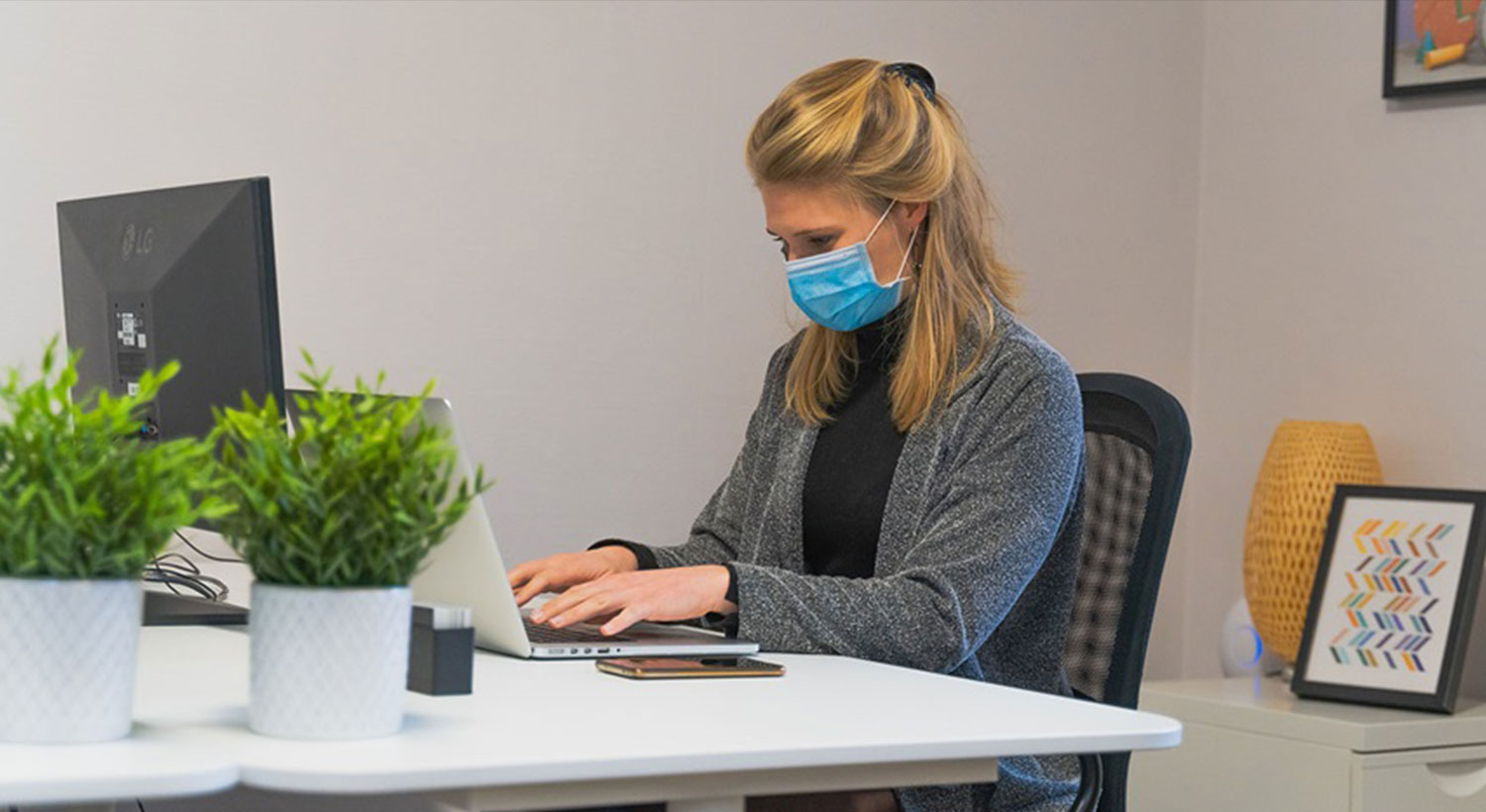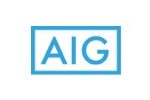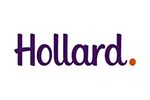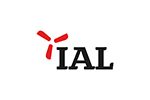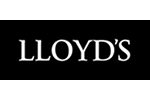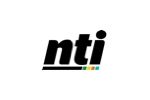Important: The general advice below is current as at 23 November 2020 and could be subject to change. How your business interruption policy will respond to a claim depends on the relevant facts of your claim, and the particular policy wording you are insured under. For this reason, it is always best to consult with us for advice before making a decision about whether or not to make a claim.
For policies with pandemic exclusions that refer to the Quarantine Act without referencing the Biosecurity Act.
Referring specifically to policies with an exclusion for losses arising from a pandemic where the ‘disease’ has been designated under the now repealed Quarantine Act 1908 (Cth), without also citing the current Biosecurity Act 2015 (Cth).
Proceedings filed on the 13th of August 2020, in the Supreme Court of New South Wales, (now being decided by the NSW Court of Appeal), have sought to test the effectiveness of certain infectious disease exclusions found in many Australian business interruption policies. The case consists of two separate small business claims that were lodged with AFCA as part of its dispute resolution process.
On the 18th of November 2020, the NSW Court of Appeal ruled against insurers. The court held that COVID-19 is not a disease “declared to be a quarantinable disease under the Quarantine Act 1908 and subsequent amendments”, and “accordingly was not excluded from the disease benefit clauses”.
The ICA is currently consulting with members to potentially appeal the decision to the High Court. Parties are able to lodge disputes up until December 16th.
You can read the judgement here.
While an appeal is highly likely, this result may impact other policyholders ability to make successful claims under policies with similar exclusions.
How each business interruption policy will respond to a claim depends on the relevant facts of the claim, and the particular policy wording issued to the insured. We encourage you to contact your insurance broker for personalised advice.
For policies that do not include a pandemic exclusion, or contain a pandemic exclusion that applies only to ‘infectious disease’ coverage clauses and not to other coverage clauses in the policy such as ‘prevention of access’ or ‘closure by authority’ coverage clauses:
You may be able to claim for losses arising from COVID-19 under these policies. We encourage you to contact us urgently for personalised advice.


